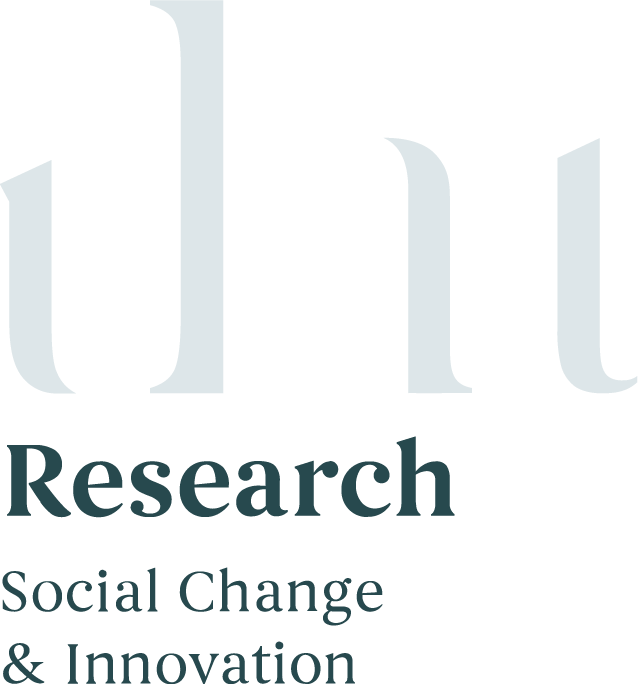1000 Days Murihiku Trust
Project Background
Ihi Research was contracted to undertake an independent summative evaluation of the Murihiku 1000 Days Trust programme. This was a community driven pilot programme that sought to provide early intervention through a Whānau Ora model of care for whānau/families and pēpi/babies who needed additional support. The critical focus was parental and caregiver bonding, responding and attaching with pēpi during the first three years. The programme aimed to achieve this through early identification of ‘at risk’ whānau and pēpi, and through the development of a comprehensive and cohesive multidisciplinary intervention involving a residential component, follow-up Navigator support and robust collaboration between local community service providers.
What we did
The summative evaluation study utilised kaupapa Māori research principles (Smith, 1997) through a mixed method approach. Interviews were conducted with staff and whānau who engaged in the 1000 pilot programme. Ihi Research was given access to board documents and whānau referral documentation for analysis purposes. Documents were obtained for 56 whānau who were referred to the residential programme and analysed according to the research priorities.
Outcome
Results indicated positive impacts and improvements as a result of whānau participating in the 1000 Days Trust programme, and particularly the residence. Several themes emerged from document analysis and participant interviews related to positive impacts. These included:
Enhanced parental/whānau relationships with pēpi, in particular improved attachment and bonding;
Improved confidence of parents/whānau to respond to pēpi/baby’s needs;
Improved relationships and communication between whānau members; and
Learning and applying new skills about how to talk to one another
Themes related to enablers of improvement included:
Relationships of trust, developed over time
Intervening through supportive residential contexts
Modelling had a positive impact on some whānau
Whānau who needed more help with attachment had more time
Parental acknowledgement of past trauma and abuse and gaining support
Extended whānau support for parents and caregivers
The evaluation results emphasised the real and urgent need for early intervention through a Whānau Ora model of care for whānau/families and pēpi/babies who need additional support. This requires more than a pilot project, but real, sustainable investment in the first 1000 days of life and in the mental health and wellbeing of all whānau. This would enable us to ensure our most precious taonga; our pēpi and babies, have the very best start in life through responsive and supportive whānau-led approaches.
"They (the 1000 Days staff) were wonderful, not judgmental, the talking and listening was great. It made me realise that the bond I have with my little girl is so special and important – she was just over a month old when I went to the house, and it gave me a chance to bond with her, I never thought I would be the mother that I am today – it’s had a lasting effect for me and I am so grateful that I had the chance to go."
-A mother who attended 1000 Days Residence
Find out how we can help you
We’ll work with you to find out what’s working, where investment could be put to best use or how to improve anything not going to plan. We can help you define success and set tangible, measurable goals. And we talk in real language so you can understand and engage with the findings. We engage with the community to conduct community research and consultations for private companies, trusts, government agencies, NGOs and more. But we have a special interest in research that has a purpose - to better society and teach lessons. We aim to help those we work with build capacity to enact positive change.


